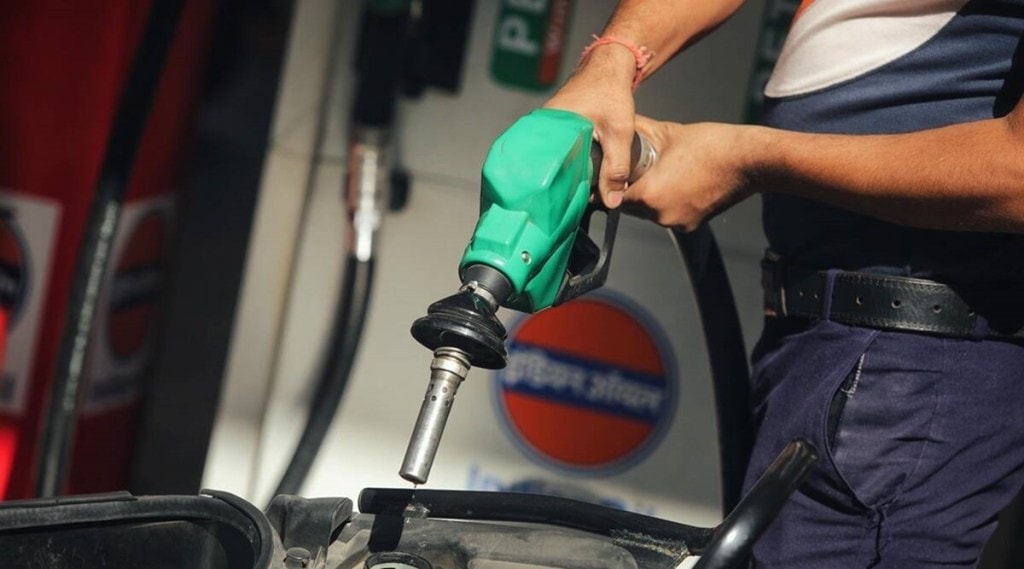The rising diesel prices — above the `100-mark in several cities — is unlikely to impact the sales of commercial vehicles, which have been on an upswing for last few months due to rise in infrastructure activities and increased freight movement.
Company executives told FE that since infrastructure related activities are not slowing down, sales of CVs won’t get affected because of rise in diesel prices as it is a pass through cost.
The CV segment comprises two segments — light commercial vehicles and medium and heavy commercial vehicles. Around 40-45% of the portfolio of the manufacturers in the LCV segment comprises CNG vehicles. When diesel prices rise, fleet owners move to cheaper variant of CNG, so the demand by and large remains intact.
In the M&HCV segment, there’s no CNG option but the kind of need it caters to does not slow down sales if the fundamentals of the economy are fine, company executives said. For instance, retail sales of CVs for some manufacturers were higher than wholesale despatches in March.
In March, the M&HCV segment continued its recovery, led by increased activity in road construction, mining and improved infrastructure spending by Central and state governments, while healthy demand momentum in LCV segment was led by growth in e-commerce and agriculture segments.
Tata Motors’ total CV volumes increased by 16% y-o-y, led by 44% y-o-y growth in passenger carrier segment, 33% y-o-y growth in M&HCV segment and 11% y-o-y growth in LCV segment. Ashok Leyland reported 17% y-o-y increase in volumes led by 26% y-o-y growth in M&HCV segment. VECV reported 25% y-o-y increase in total volumes whereas M&M’s domestic CV segment volumes increased by 11% y-o-y in March.
“The fuel prices directly impact the margins of transporters who are our customers. In case freight rates don’t increase in line with fuel price, it impacts the capacity of the transporters to add new vehicles or replace the ageing fleet. To that extent, it impacts commercial vehicle sales. At the same time, if the economy is doing well and there is a need to move more goods and services or meet deadlines for infrastructure projects, there is imminent need to buy more trucks irrespective of fuel prices. This situation leads to an increase in freight rates,” Vinod Aggarwal, MD and CEO, VE Commercial Vehicles, told FE.
“Based on this, my assessment is that while the fuel price hikes may impact the commercial vehicle sales in short term but in the long run, these do not impact sales as freight rates also increase in line with fuel prices,” Aggarwal added.

